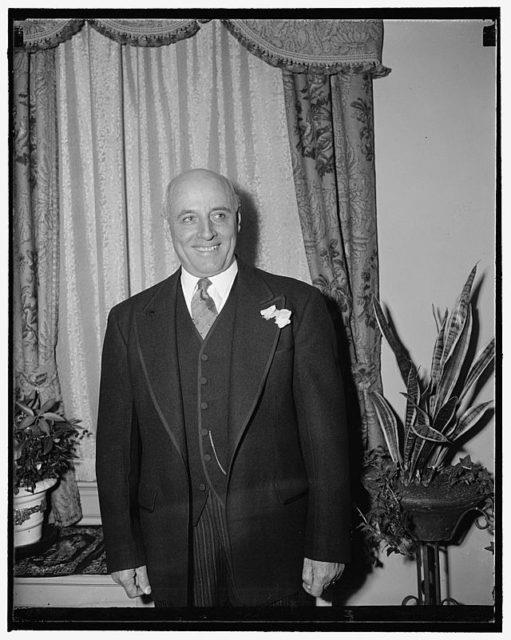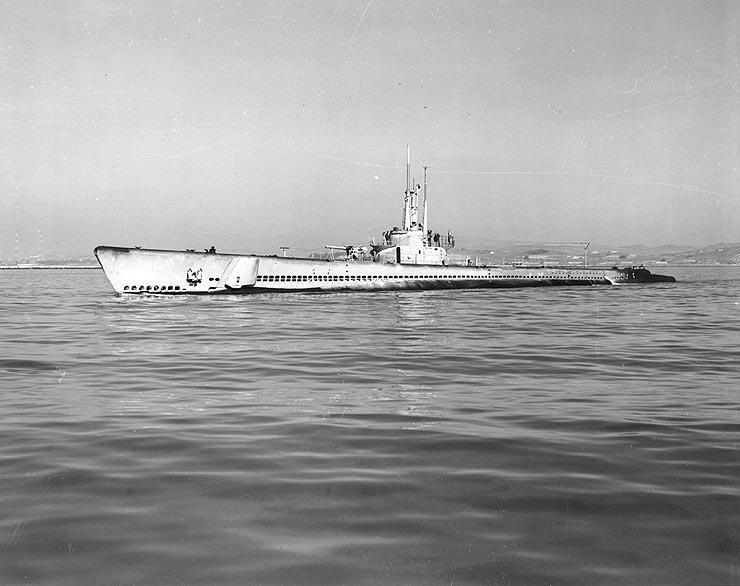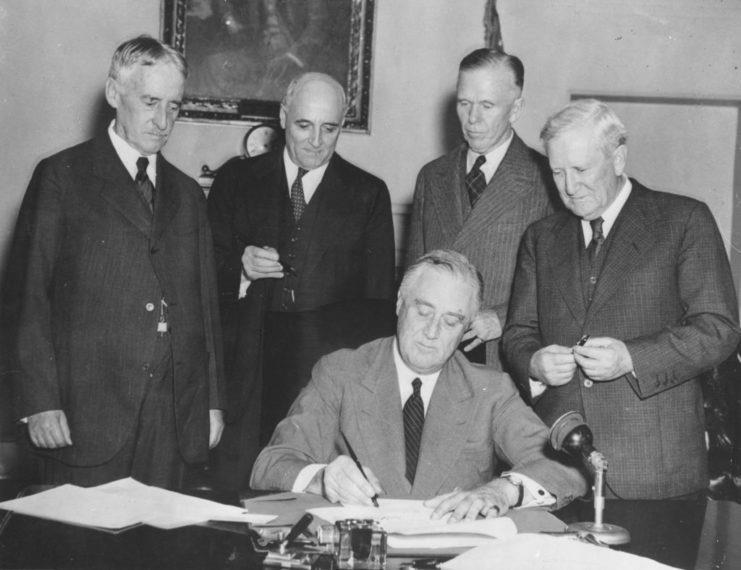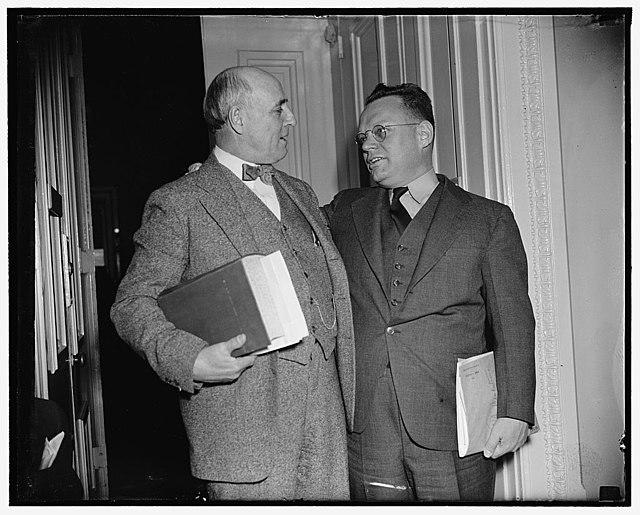I heard something about this a few years ago but just generalities that a congresscritter shot off his mouth during a press conference and released classified information that compromised operational assets. No it wasn't the first time and yes it has happened since and funny that nothing seems to happen to those clowns.
I saw this article chasing a car article...so I clipped it.
There is a reason certain military knowledge is classified: so it doesn't fall into the hands of the enemy. Congressman Andrew May didn't get the memo, as an ill-fated press conference led to the loss of an estimated 10 submarines and the deaths of 800 Navy crewmen.The May Incident
The United States Navy was known for its successes following the country's entrance into WWII. Despite Japanese attempts to sink their vessels, the Allied forces managed to evade their attacks. This was because, at the time, the Balao-class of submarine could dive to depths of 400 feet, deeper than the Japanese set their depth charges.
In 1943, Andrew May, chairman of the House Military Affairs Committee, embarked on a tour of American military areas in the Pacific Theater, during which he was privy to a host of sensitive war-related information. When he returned that June, he held a press conference, where he revealed that American submarines only had a high survival rate because the Japanese charges were exploding at too shallow a depth
The fallout of a blabbermouth
Not long after this news spread, the Japanese naval anti-submarine forces adjusted their charges to explode at a greater depth. This prompted Vice Admiral Charles A. Lockwood, commander of the US submarine fleet in the Pacific, to estimate that May's breach cost the Navy 10 submarines and resulted in the deaths of some 800 crewmen.
"I hear Congressman May said the Jap depth charges are not set deep enough," he said. "He would be pleased to know that the Japs set them deeper now."
The Navy's Pacific Submarine Fleet released a report following the press conference, in which it determined Japanese anti-submarine warfare (ASW) forces had failed to uncover the maximum depth the US submarine fleet could reach. However, it failed to state whether the Japanese had altered their depth charge attacks to deeper positions due to May's revelation.
Alleged war profiteering
The ill-fated press conference wasn't the only ding to Andrew May's career. During the early stages of the war, he became involved with two New York-based businessmen, Henry and Murray Garsson. Despite the pair having no prior arms manufacturing knowledge or experience, they sought to financially gain from the US involvement in the conflict by securing munitions contracts from the government.
On the pair's behalf, May used his position as chairman of the House Military Affairs Committee to contact Army ordnance and other government officials to obtain war contracts, favors, and draft deferments. For his efforts, he received substantial cash payments, information that was uncovered by a Senate investigating committee following the war.
This soon turned into a scandal, which only grew following testimony about the profit-taking of the Garssons' company and the defects in their munitions. It was found their 4.2-inch mortar shells had defective fuzes, leading to premature detonation. It's believed this resulted in the death of 38 American servicemen.
Paying for his actions... Maybe?
The fallout for Andrew May's many guffaws during the war included him losing re-election in 1946. He was then put on trial for federal bribery charges, and after less than two hours of jury deliberation was found guilty on July 3, 1947. Despite efforts to avoid incarceration, he was eventually sentenced to nine months in a federal facility.
Murray and Henry Garsson were also sentenced to prison terms.
Despite his be-smudged reputation, May continued to retain influence over politics within the Democratic Party. As such, he was able to secure a full pardon from President Harry Truman in 1952. He was, however, unable to revive his political career and thus returned to Kentucky to practice law until his death.




America doesn't hang NEARLY enough politicians.
ReplyDelete